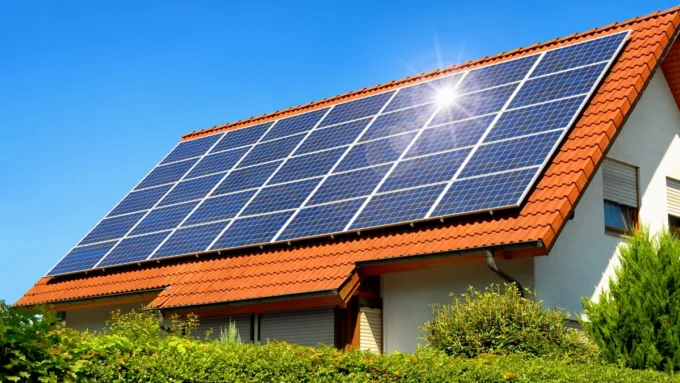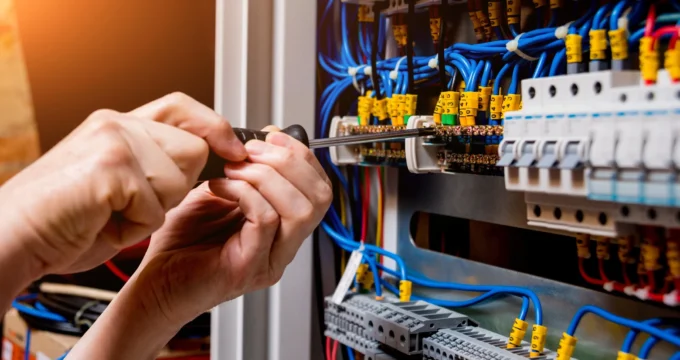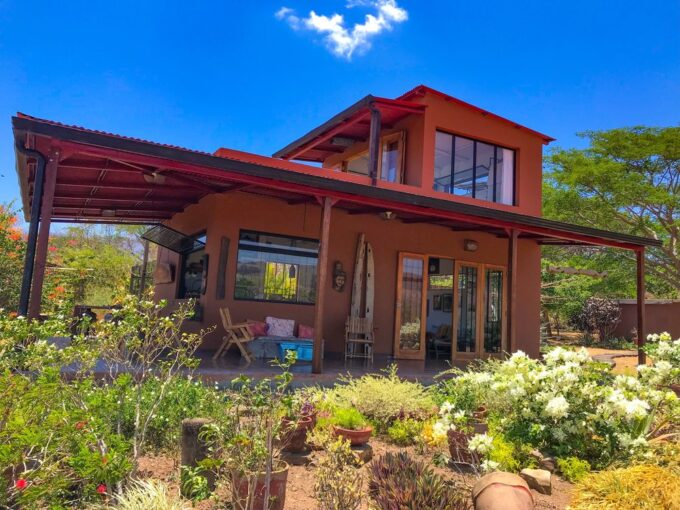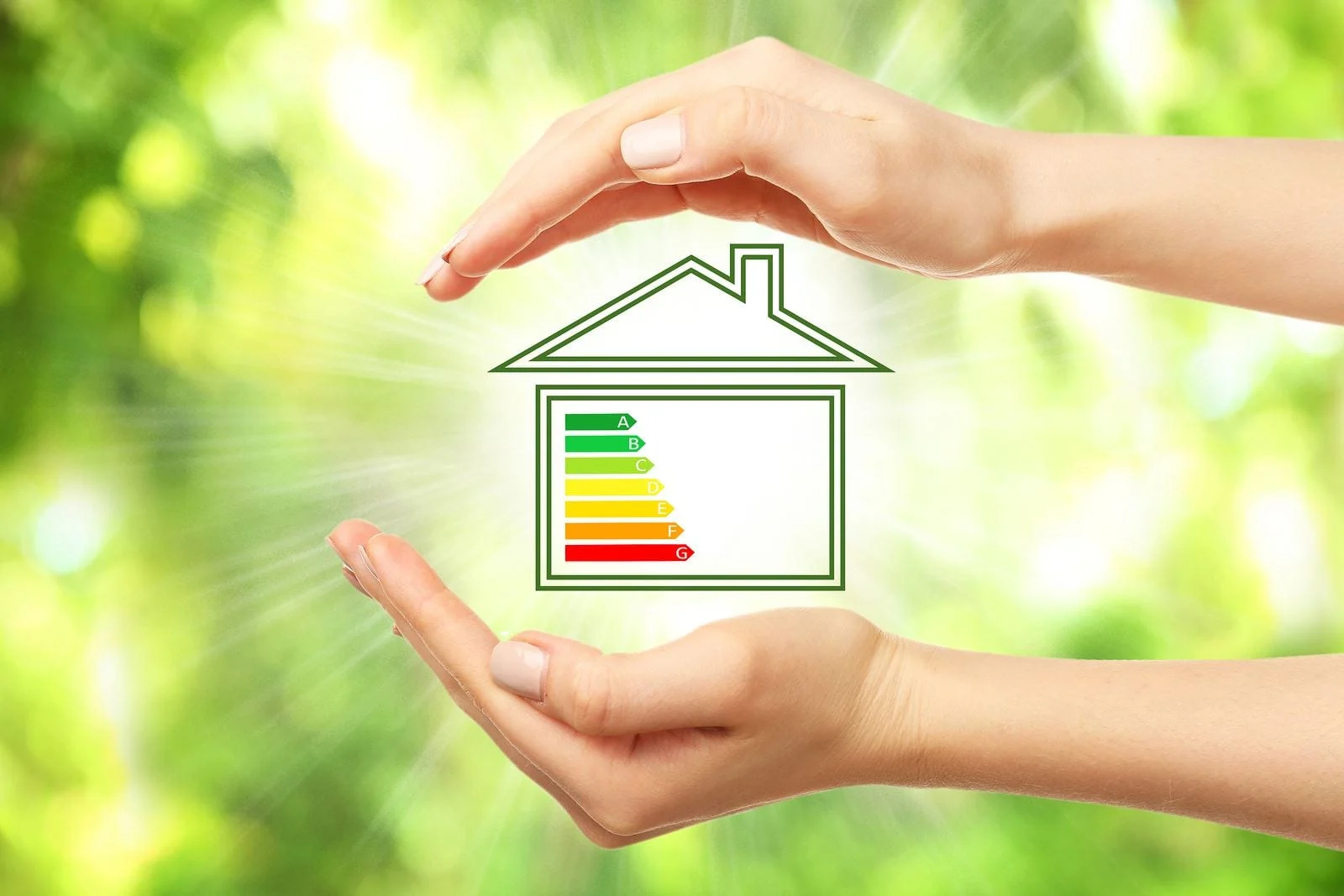Amidst rising fuel and energy prices and a global incentive to reduce carbon emissions, energy efficiency has never been so important. If you’re thinking of selling your home and you’re looking to increase the value of your property, boosting energy efficiency is one of the easiest ways to add extra digits to the asking price. But why does energy efficiency correlate with property value and what can you do to make your home more energy efficient today?
Why is energy efficiency important for properties? – While energy efficiency is important for homeowners in terms of reducing negative effects on the environment, it’s also a key factor when determining property value. This is because your property’s level of energy efficiency can directly affect the value of fuel and energy bills.
Greener, more sustainable homes will generate lower utility outgoings and require less potentially costly maintenance works in the future, making them a sound financial investment and a more attractive option to buyers. But how can you go about improving the energy efficiency of your property?
Insulation: UK homes are notoriously prone to heat loss, damp and mould – one of the easiest ways to protect your property from the elements, retain heat, boost value and make savings in energy bills is by installing home insulation.
The most common types of insulation works include wall insulation, loft insulation and roof insulation – a simple cavity wall insulation is expected to save you up to £160 each year in bills.
Renewable energy: If you’re looking to boost property value and make your home more eco-friendly, consider investing in renewable energy sources to power and heat your home.

In the UK, it’s never been easier and more cost-effective to make use of renewable energy sources such as solar panels, air source heat pumps and ground source heat pumps – while these may be relatively expensive to install in some older homes, green energy is guaranteed to save you money in the long run and boost the value of your property.
Draught-proofing a property: If you’re looking to improve energy efficiency and protect your home from the cold but don’t have the budget to hire professional insulation services, consider taking some simple steps to draught-proof your property.
This involves filling up and covering any gaps in the home where cold air is likely to enter, such as cracks in walls and gaps around windows, floorboards and fittings. In most cases, you should be able to easily do this at home using flexible fillers, silicone sealant or expanding foam.
Windows and Doors
There are a few ways that you can increase the energy efficiency of a real estate property.
One way is to install proper thermal insulation in your walls and ceilings. This will help to keep your property cooler in the summertime and warmer in the wintertime, which will save on energy costs. Another way is to use air-conditioning sparingly.
If you do need to use it, make sure that you are using the most efficient type of air conditioning possible. Finally, make sure that you have properly insulated windows and doors. These measures will help to reduce the amount of energy that is used by your appliances and equipment throughout your home.
Electrical Systems

One way to significantly reduce the energy used in a property is by upgrading the electrical system. There are a number of different options available, so it’s important to consult with an expert to find what will work best for your property. In general, upgrading the system can result in:
- Reduced energy costs: Upgrading the system can lead to significant reductions in energy bills due to improved efficiency.
- Improved safety: Upgraded systems often have more secure wiring and features that protect against fire risks. If a fire happens, immediately call fire department and get out of the property.
- Increased comfort: Higher-quality systems often have more efficient heating and cooling systems, which can make homes more comfortable during warm weather months or cold winter days.
Fine-tune the bylaws and management of the property
One key way to improve energy efficiency is to create rules and regulations governing how the property is used. You can set guidelines for lighting and appliances, for example, in an effort to save on energy costs.
You can also install weatherization measures such as insulation, air sealing, and caulking in key areas of the building. This will help reduce heat loss and cooling costs, while also improving the overall livability of the space.

Finally, you can work to make sure that your tenants are using the property efficiently. Educate them about conservation strategies and encourage them to take advantage of available amenities such as solar panels or green roofs.
Boiler and heating equipment efficiency: Your choice of boiler can have a great impact on your home’s energy efficiency. Generally speaking, older units are less efficient than newer boilers – for instance, a ductless heat pump uses around 60% less energy than a conventional electric system.
Consider replacing your old home boiler and heating system with a greener alternative – popular low-carbon options include electric combi boilers, biomass boilers, solar water heating, air source heat pumps and water source heat pumps. Make sure that you bleed your radiators at least once a year to release excess air and ensure they’re in good working order.
Conclusion
Increasing the energy efficiency of a real estate property can save you money on your energy bills and help to improve the overall sustainability of your investment. By taking some simple steps, you can make your property more efficient and reduce its carbon footprint.
In addition, by investing in smart technology, you can also keep an eye on things like temperature and humidity levels, so that you can take appropriate measures should problems arise.

We hope that this article has helped you with budgeting for your real estate property, leave a comment down below if you think of any other way to increase energy efficiency. Thanks for reading!









